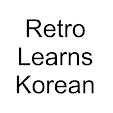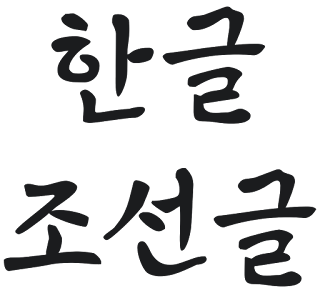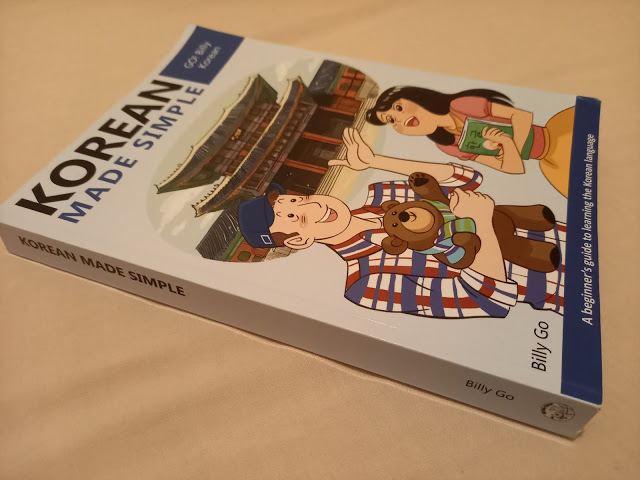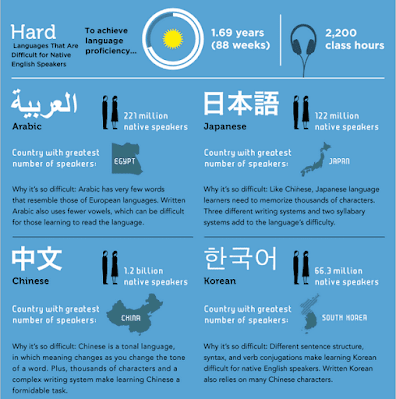If you have read any of my previous articles, you may already know that I am a big proponent of reading for foreign language acquisition. I started reading proper Korean books some time around March 2019, around 6 months into learning, which when I think about it is too late and one of my biggest regrets is not reading earlier.
Initially, I found a very nice series of history books aimed at a younger audience, 그림으로 보는 세계사, that just so happened to be on Ridiselect. Seeing as it was cheaper to use Ridiselect than to pay for each book individually I subscribed to the service, which was back then $6.99 per month. As they were the first books I read, it took me a while to get through them.
Once I finished them, I looked at what else was available through Ridiselect and stumbled upon a few books that were so far beyond my level that I could only pick up bits. However my main aim when reading them was to read them to see the words in context and try to pick up as many as I could. I spent a few months reading these before deciding to come back down to lower level books.

















